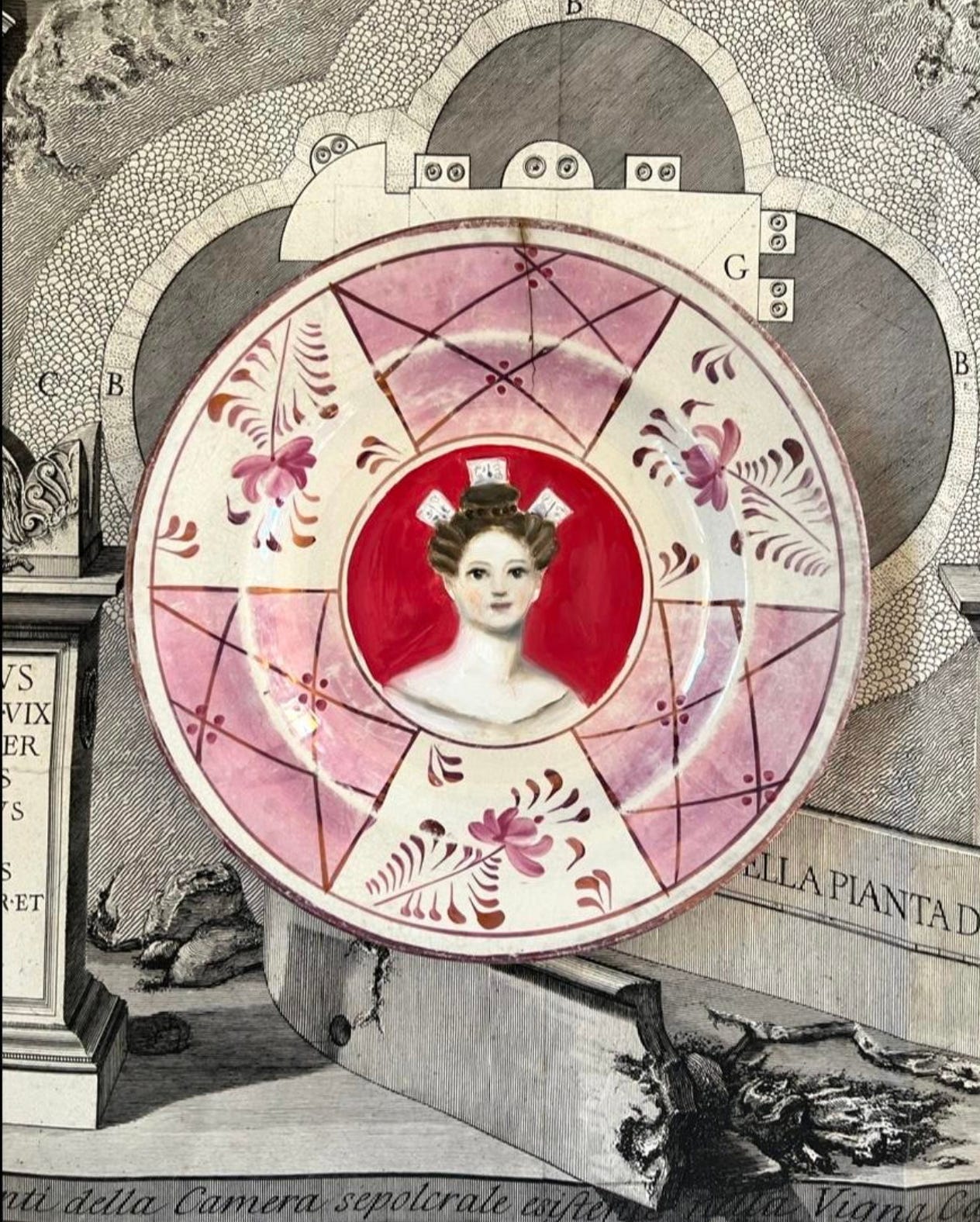If you’ve been around here for a while, you probably can tell what it is about this topic that I’m very drawn to (and no, it’s not the british spelling of “lustreware”, which is a very close second). Vintage tableware? Check. Pink and red vintage tableware? Check CHECK. And because this is an incredibly niche thing that I’ve been on the hunt for recently and something that I just can’t stop thinking about, I figured it was a good time to hard launch a new series I’ve been cooking up: Beautiful Things Design School (or, BTDS for short). If you’re reading this, you’re officially enrolled! Consider this your welcome packet. Tuition is super cheap, and the professor is really cool. Grading is on a pass fail scale (spoiler: you passed). Topics include the history of niche design items (like lusterware), deep dives into designers and architects you should know, and long lectures on specific design terms, details, and timelines. It’s officially very unofficial and it’s going to be a lot of fun. There’s just so much to know, and I can’t wait to explore together.
For today’s topic, I’d love to talk about the low down on lusterware. I’ve shared lusterware pieces in this newsletter before, in my Vintage Finds vol. I round-up. I also shared a recent lusterware pitcher that I found at auction over on Instagram recently. And today, we’re going to talk about what it is and where to find it.
Keep reading with a 7-day free trial
Subscribe to Beautiful Things by Shannon Claire to keep reading this post and get 7 days of free access to the full post archives.






